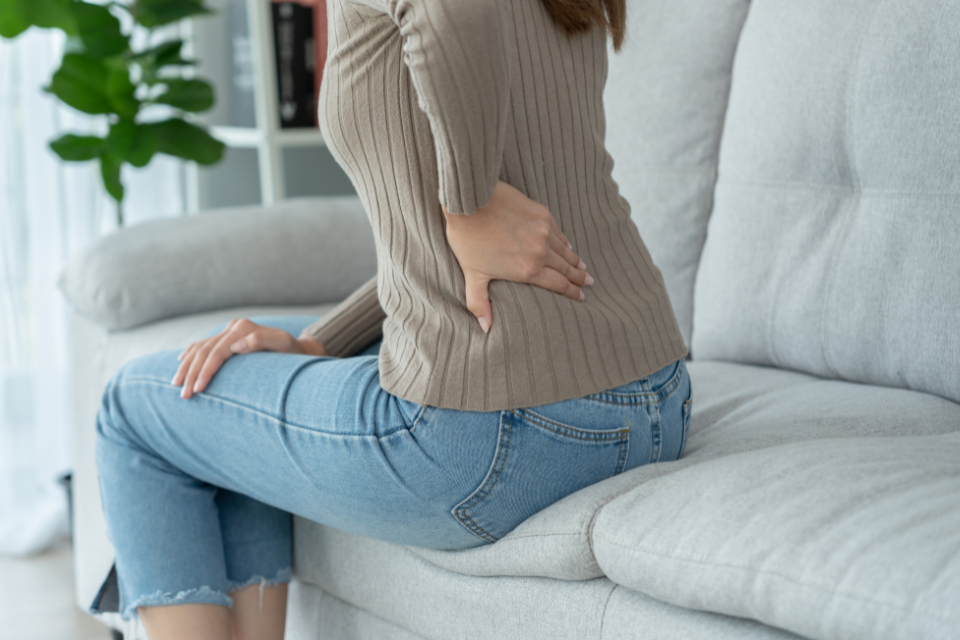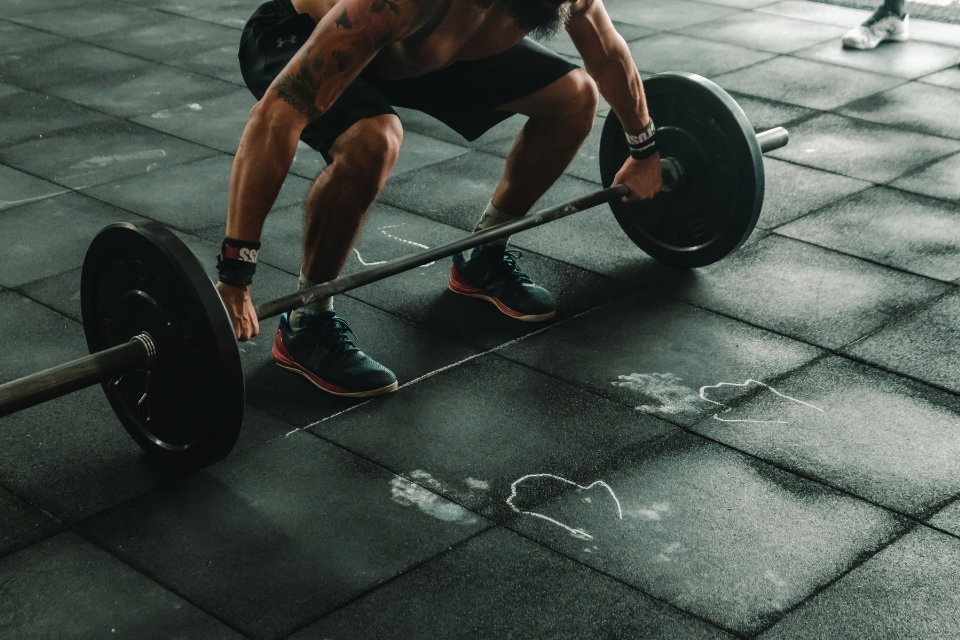Bringing new life into the world is a miraculous experience, but for many women, it can also bring about post-pregnancy back pain. The physical changes during pregnancy and childbirth can lead to persistent back discomfort. Exploring the causes behind this issue and learning about effective relief and prevention methods can significantly improve the postpartum experience. Let’s delve into the common causes of back pain after pregnancy and strategies for alleviation and prevention.
- Changes in Posture and Weight Distribution:
- During pregnancy, the body’s center of gravity shifts, leading to altered posture and increased strain on the back muscles. As the uterus expands, it can cause changes in the spine’s curvature, contributing to back pain after childbirth.
- Hormonal Changes:
- Hormones like relaxin, which loosen ligaments and joints in preparation for childbirth, may linger in the body post-delivery, affecting the stability of the spine and contributing to back pain.
- Muscle Strain and Weakness:
- The physical stress of labor and delivery can strain muscles in the back and abdomen. Additionally, weakened abdominal muscles postpartum can lead to increased strain on the back muscles, causing discomfort.
- Epidural or Spinal Anesthesia:
- Some women experience back pain after childbirth due to the administration of epidural or spinal anesthesia during labor, which can cause soreness or discomfort in the back area.
- Breastfeeding Posture:
- Nursing or breastfeeding often involves prolonged periods of sitting or leaning forward, which can strain the back muscles and exacerbate existing discomfort.
- Lifting and Carrying the Baby:
- Constantly lifting, carrying, and bending to tend to the newborn can strain the back, especially if proper lifting techniques are not used.
Relief and Management:
- Rest and Proper Posture: Ensure adequate rest and practice good posture while sitting, standing, and lifting to reduce strain on the back.
- Exercises and Physical Therapy: Engage in gentle exercises and stretches prescribed by a healthcare professional to strengthen back muscles and improve flexibility.
- Heat or Cold Therapy: Applying heat or cold packs to the affected area can help alleviate soreness and reduce inflammation.
- Supportive Equipment: Using supportive pillows while breastfeeding, employing ergonomic chairs, and using proper lifting techniques can relieve back strain.
Prevention:
- Exercise and Strengthening: Practice postpartum exercises that target core muscles to regain strength and stability in the back.
- Healthy Weight Management: Maintain a healthy weight through a balanced diet and regular physical activity to reduce strain on the back.
- Proper Lifting Techniques: Use proper body mechanics when lifting the baby or any heavy objects to prevent back strain.
- Seeking Professional Help: Consult healthcare providers for guidance on postpartum exercises and techniques to alleviate back pain.
Back pain after pregnancy is a common issue due to the physical changes and strains experienced during childbirth and postpartum care. By adopting proper posture, engaging in exercises to strengthen muscles, and seeking guidance from healthcare professionals, women can effectively manage and prevent post-pregnancy back pain.



